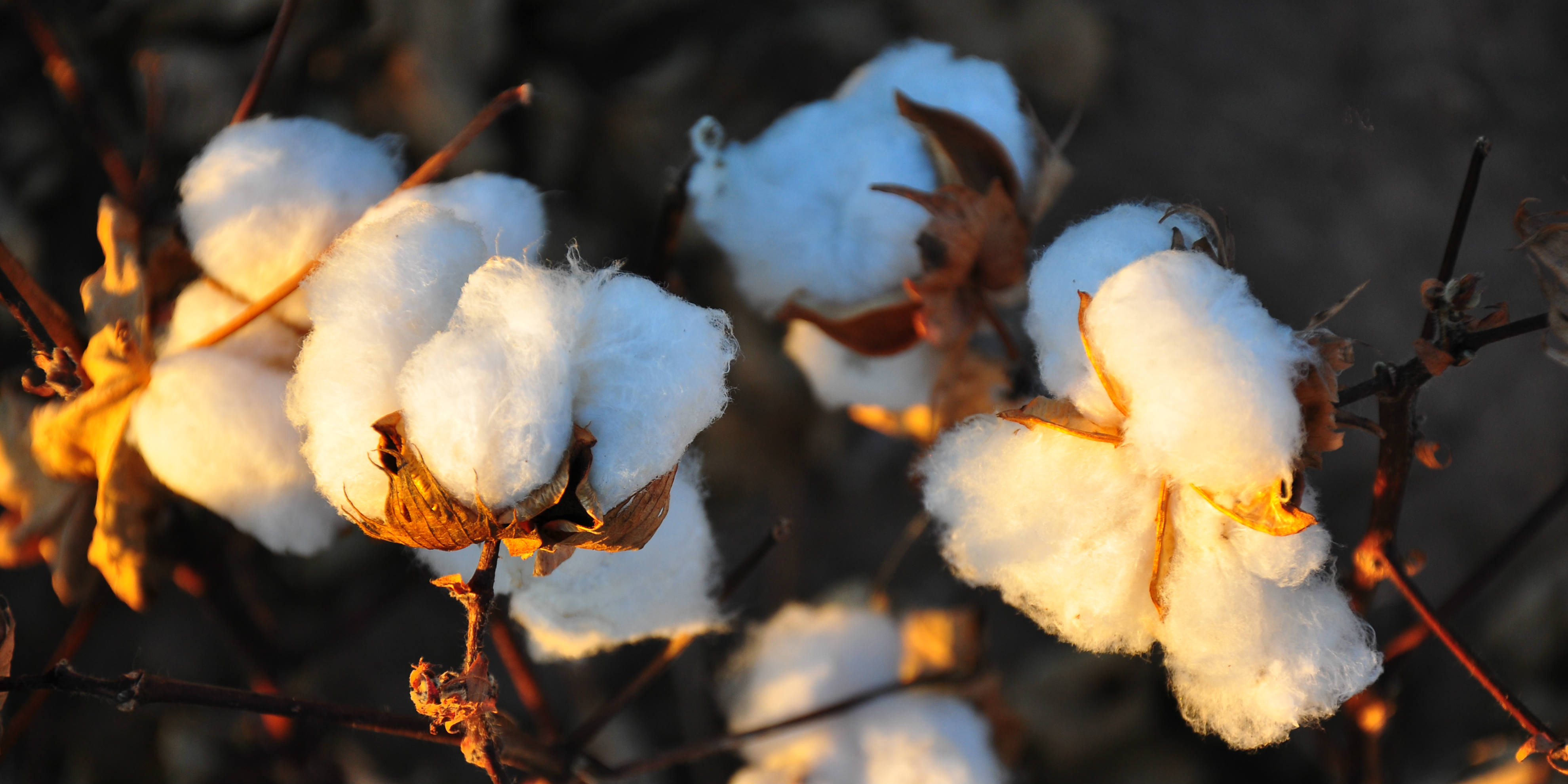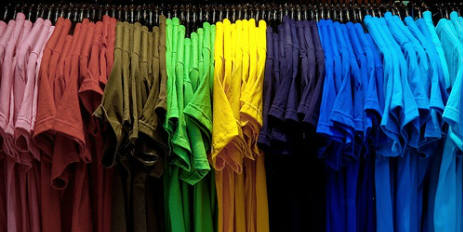
This month, cotton was used as a case study to look at how companies respond to the demands being placed on their supply chains and the greatest challenges they can see on the horizon that will need to be overcome for their businesses to remain successful and sustainable.
Our first witness was Dr Chris Brown is the Sustainable Business Director at Asda, a British-based, American-owned supermarket chain. In 1999, Asda became a subsidiary of the American retail company Walmart and today is the UK's second-largest chain by market share.
He joined Dr Helen Crowley, the Head of Sustainable Sourcing Innovation at Kering which a family-controlled, listed company and a world leader in apparel and accessories, which develops an ensemble of powerful brands. Focused on a single business, they design, manufacture and market desirable products across two fast growing segments: Luxury (including Gucci, Stella McCartney, Saint Laurent and Alexander McQueen) and Sport & Lifestyle (including Puma, Volcom, Cobra, Electric and Tretorn).
We co-hosted this meeting with the Natural Capital Leaders Platform at CISL who are developing a cotton focus for their Platform Members. This work also relates to the ESRC funded Nexus Network, which CISL is leading in collaboration with the University of Sussex and UEA.
The challenges for cotton
The two witnesses highlighted the following challenges for the cotton and clothing industry including:
Low customer awareness of sustainability and environmental impacts compared to food commodities
Supply chains are currently very opaque and its complexity makes it very difficult to trace were a batch of cotton is coming from
A lack of clarity about the impacts of different production systems (organic vs. ‘better’ vs. conventional)
The lack of availability of financing systems to smallholder cotton farmers
Organic cotton farming in general is declining as there is not enough support for farmers and although here is a significant premium for it but smallholder farmers are not receiving that premium.
Developing meaningful impact indicators: A reductionist focus on a particular issues such as food miles, organic to child labour makes it difficult to know how different aspects of the system connect together.
Wicked problems and questions generated by the open discussion
Where do we leverage to make cotton production better, both for the environment and for the people who grow and harvest it?
How can smallholder farmers get access to good quality seed and what are the best seed varieties to grow in different areas?
How can we unpick supply chains and create new business functions that allow tracebility throughout the cotton supply chain from source to shop?
Choices about whether to choose organic or GM cultivation will become increasingly urgent as competition for land increases and land quality decreases. Can we develop indicators to help us to determine the impacts of different cotton production systems on the environment - organic vs. ‘better’ vs. conventional - and to make direct comparisons between them?
There are cost issues associated with organic cotton as it is more expensive than conventional cotton. What incentives would farmers need in order to grow it and how do these vary from one region to another?
Could we open questions of sustainability out to think about whether a commodity like cotton is sustainable more generally, rather than just concentrating on cotton production?
For more information about the Forum or this meeting, please contact Dr Rosamunde Almond (r.almond@damtp.cam.ac.uk)




